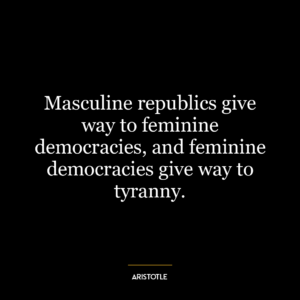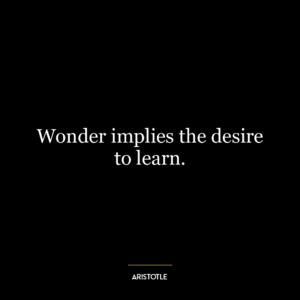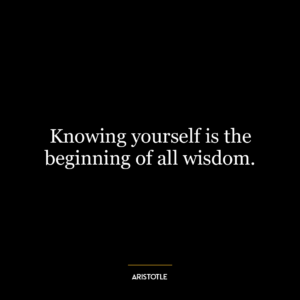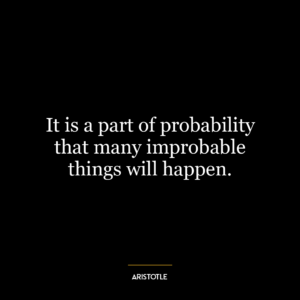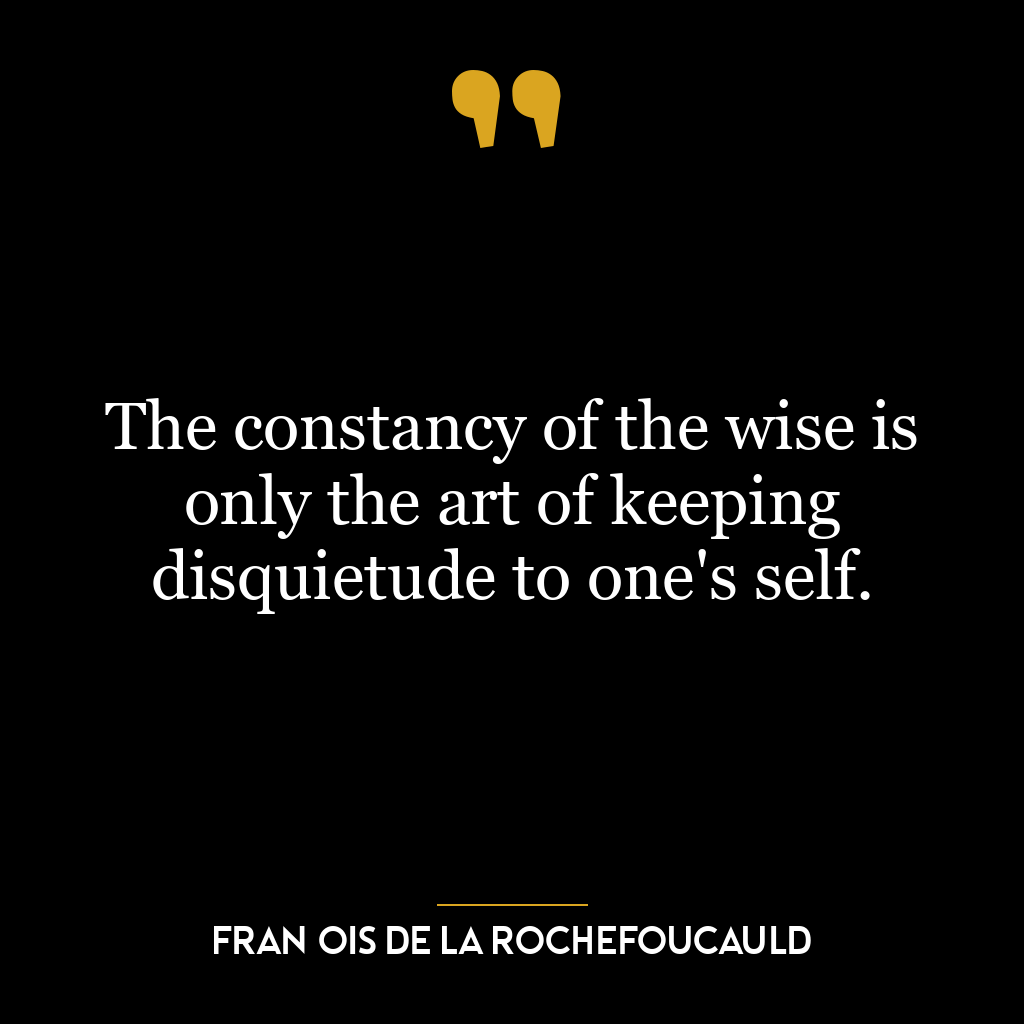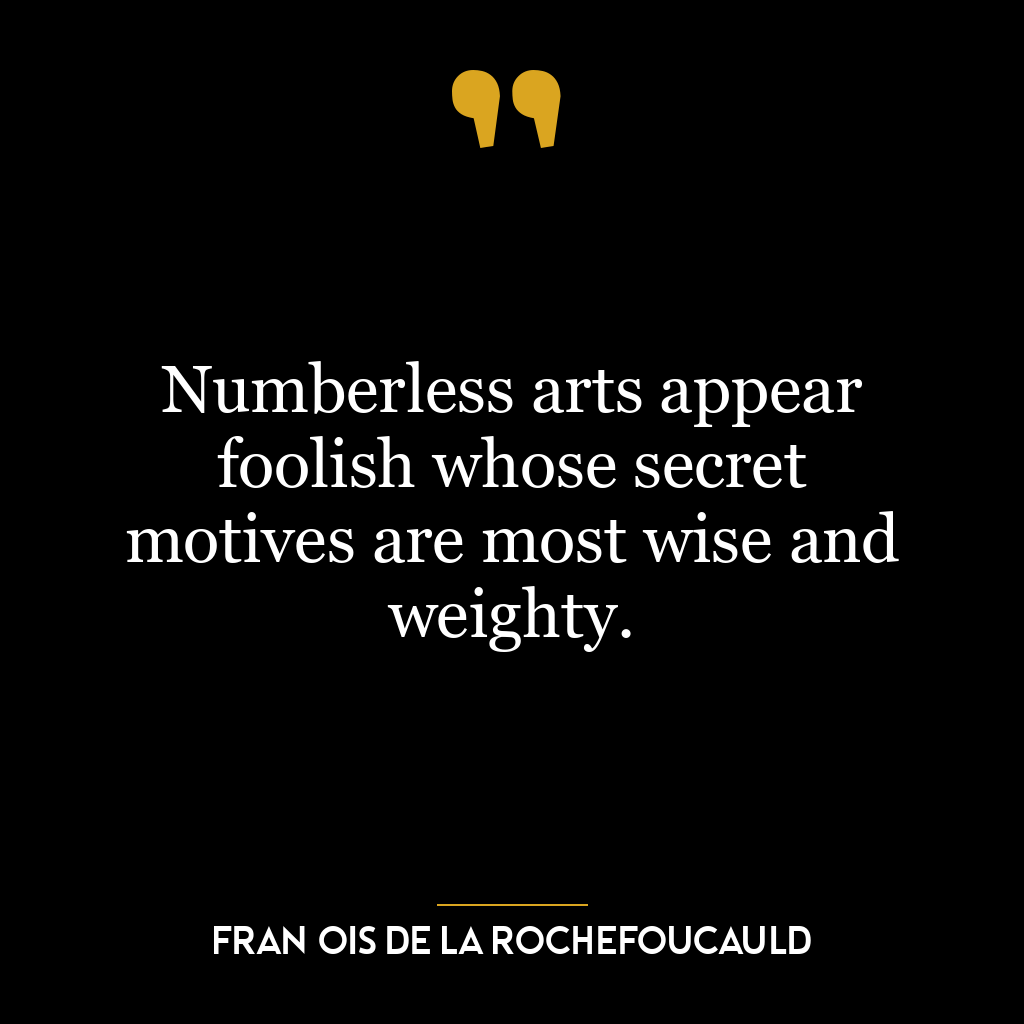This quote suggests that wisdom doesn’t lie in the pursuit of pleasure, but rather in the avoidance of pain. It essentially points out that the wise person doesn’t actively seek joy or happiness, but rather tries to steer clear of suffering and discomfort. This is not to say that they don’t value happiness, but they understand that the pursuit of pleasure can often lead to pain, while the avoidance of pain can lead to a more sustainable form of happiness.
The quote is rooted in the understanding that pleasure is fleeting and temporary. It’s a momentary sensation that fades away, often leaving us wanting more. On the other hand, pain is something more substantial and enduring. It’s something we remember and learn from. Therefore, the aim of the wise is not to chase after transient pleasures, but to avoid lasting pains.
In today’s world, this quote can be applied in numerous ways. For instance, in the context of personal development, it suggests that we should focus more on eliminating our negative habits and behaviors rather than just acquiring positive ones. It’s about understanding and addressing the root cause of our problems rather than merely seeking temporary fixes.
For example, instead of simply trying to be more productive (a form of pursuing pleasure), we could focus on eliminating distractions and procrastination (a form of avoiding pain). Instead of just trying to be happier, we could work on resolving our worries and fears. By focusing on avoiding pain, we can achieve a more lasting and sustainable form of personal growth and happiness.
This philosophy can also be applied to our societal and global issues. Instead of just seeking progress and growth, we should also focus on avoiding harm and destruction. This could mean prioritizing sustainability over profit, or peace over power. In essence, true wisdom lies not in the pursuit of temporary gains, but in the avoidance of lasting pains.





